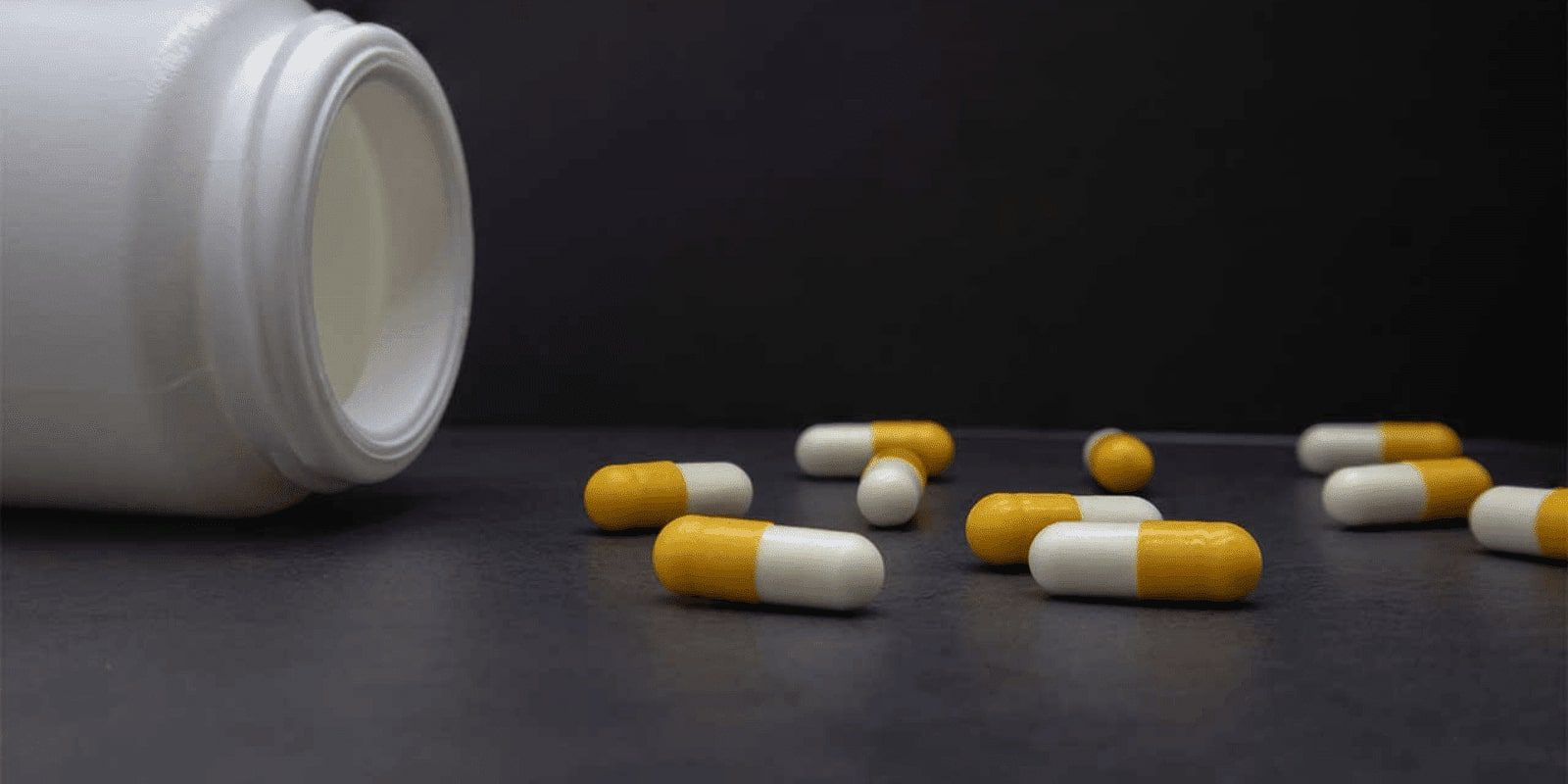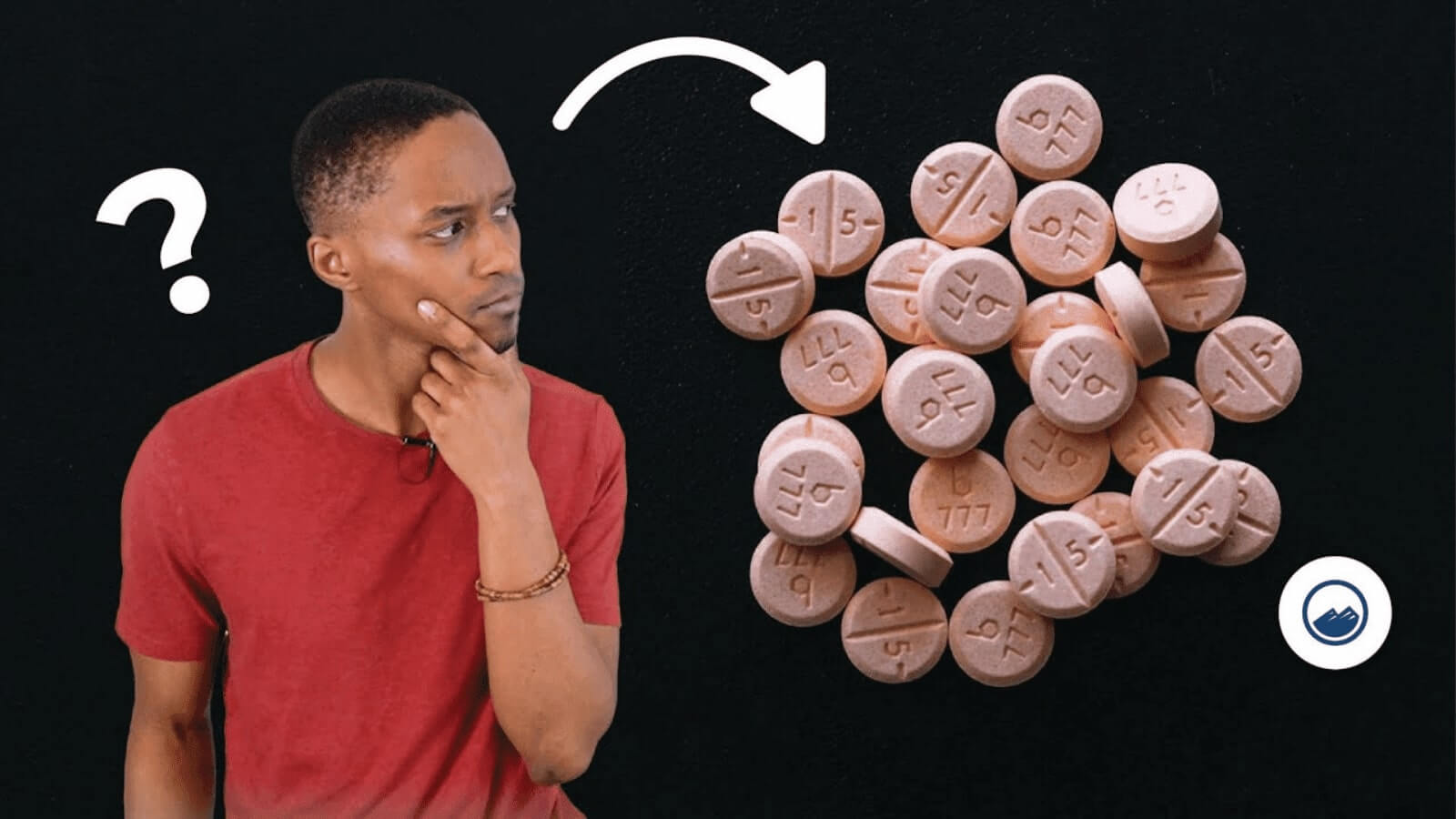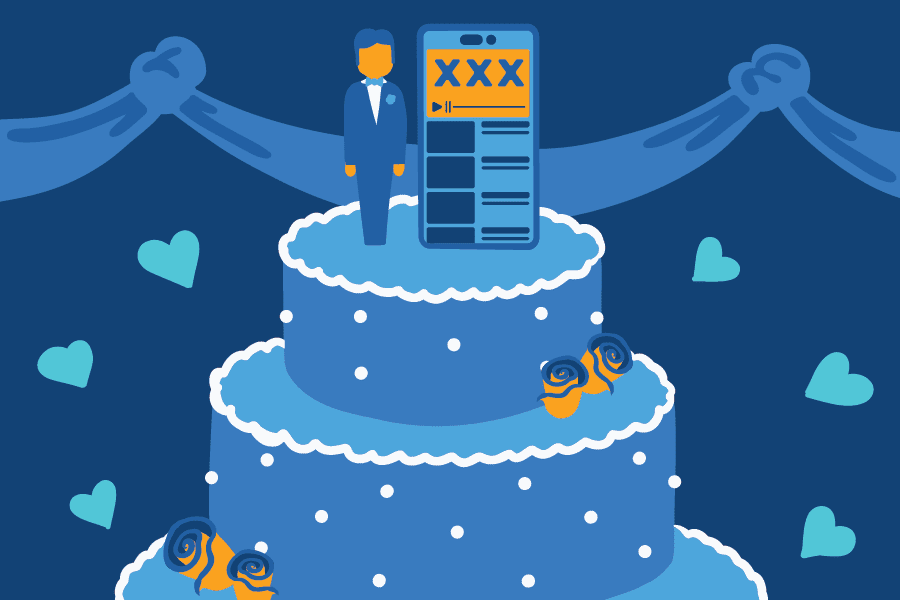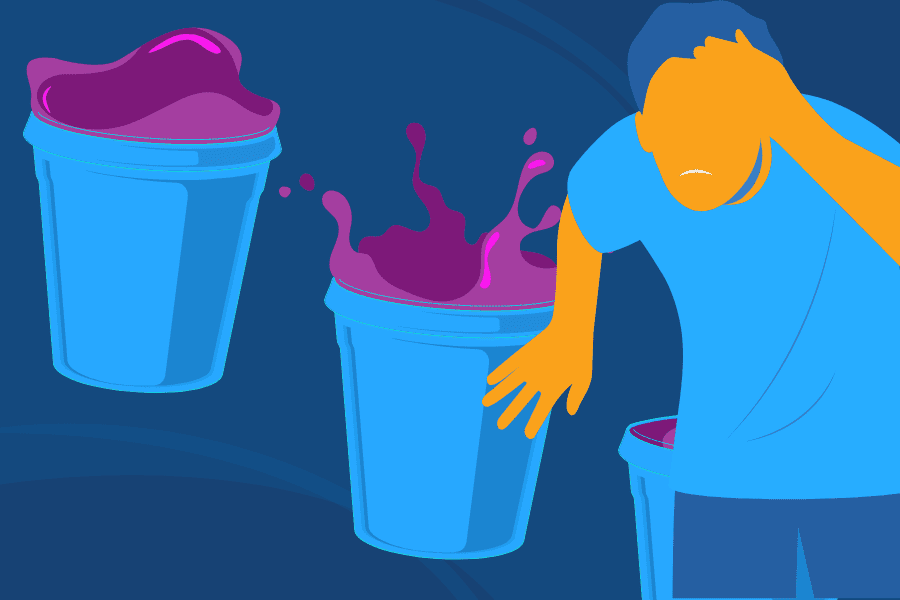Amphetamine/ ADHD Medication Abuse
Medications such as Adderall and Ritalin are intended to be used only by people with attention-deficit hyperactivity disorder (ADHD), but many teens and young adults misuse these drugs, obtaining them without a prescription or taking them in a manner other than the one prescribed.
One of the main ingredients in many ADHD prescription drugs is a stimulant called amphetamine. Unfortunately, amphetamine and many ADHD medications have dangerous side effects when taken without a prescription, and they can be addictive.
Causes of Amphetamine Misuse
Teenagers abuse amphetamines more than any other age group, and their misuse often continues into the young adult years. Teens and young adults who misuse these drugs do so for several different reasons, such as:
- To focus better in school
- To perform better in sports
- To focus on any activity for a longer period of time
- To perform better in other competitive areas
- To gain temporary mental sharpness
- To increase their energy at work
- To feel good
- To lose weight
Brand Names of ADHD Prescription Drugs
Some of the ADHD medications that have the potential of being misused include the following:
- Adzenys XR ODT
- Evekeo
- Adderall, Adderall XR
- Dexedrine
- ProCentra
- Zenzedi
- Focalin, Focalin XR
- Vyvanse
- Concerta
- Daytrana
- Metadate CD, Metadate ER
- Methylin, Methylin ER
- Ritalin, Ritalin SR, Ritalin LA
- Quiillivant XR

Effects and Risks of Abusing ADHD Medication
Teens and young adults use these drugs because they make the central nervous system more active than normal, increasing alertness, sensory perception and mood. Unfortunately, when a young person takes amphetamine, ADHD medication or other stimulants without a prescription, they’re putting themselves at risk of both short- and long-term health effects.
The short-term effects of amphetamines that people who take them normally seek are:
- Heightened energy
- Heightened awareness
- Excitement
- Euphoria
- Increased focus
But they also frequently cause negative short-term effects, such as:
- Headache
- Dry mouth
- Nausea
- Loss of appetite
- Loss of focus
- Fever
- Aggression
- Anxiety
- High blood pressure
- Rapid or irregular heart rate
In addition, amphetamine abuse can lead to long-term health problems such as:
- Anorexia
- Urinary tract infection
- Stroke
- Psychosis
- Heart attack
- Paranoia
- Depression
- Death
What to do if You Think Your Teen or Young Adult is Abusing Stimulant Drugs
When a loved one is struggling with potential addiction, it can be hard to know what to do, but there are some concrete steps you can take to get them help:
- Avoid judging.Your teen or young adult will be more likely to open up if they know that you’ll listen nonjudgmentally. Be willing to adopt a helpful and open attitude.
- Remember that they may not be telling you everything.Your teen or young adult probably feels too vulnerable to share their habits with you, so in addition to listening to them, watch for the signs of potential addiction.
- Remember that treatment is availableMany young people have struggled with these addictions and have quit using substances and gotten their lives back on track.
Sandstone Care can help. We provide a supportive environment where young people feel welcomed, seen and heard. If you think your child is struggling with amphetamine abuse and you’re not sure what to do, our team is standing by to answer your questions and talk you through your treatment options. Give us a call now at 888-850-1890.





